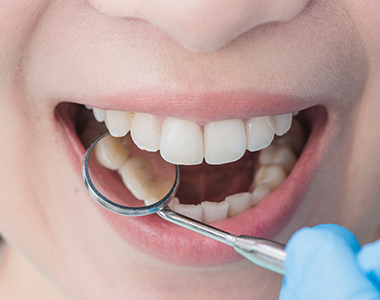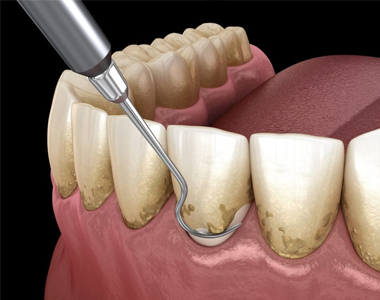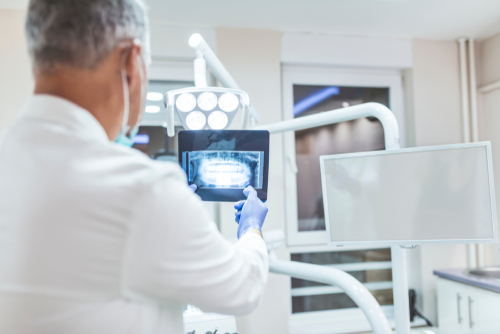
Did you know that a baby’s teeth begin to develop between the third and sixth months of pregnancy? That’s why making smart food choices early in pregnancy can help set your child up for healthy teeth throughout their lives. During your pregnancy, a sufficient quantity of nutrients especially vitamins A, C, and D, protein, calcium and phosphorus are needed.
To assist you in making healthy eating choices, the National Maternal and Child Oral Health Policy Center have compiled this list of tips to follow during pregnancy:
• Eat a variety of healthy foods, such as fruits, vegetables, whole-grain products such as cereals, bread and dairy products like milk, cheese, cottage cheese or unsweetened yogurt.
• Eat fewer foods high in sugar, including candy, cookies, cake, and dried fruit and drink fewer beverages high in sugar including juice, fruit-flavored drinks, soft drinks.
• For snacks, choose foods low in sugar such as fruits, vegetables, cheese, and unsweetened yogurt.
• Read food labels so you can choose foods lower in sugar.
• If you have trouble with nausea, try eating small amounts of healthy foods throughout the day.
• Drink water or milk instead of juice, fruit-flavored drinks or soft drinks.
• Drink water throughout the day, especially between meals and snacks. Drink fluoridated water (via a community fluoridated water source) or if you prefer bottled water, drink water that contains fluoride.
• To reduce the risk of birth defects, get 600 micrograms of folic acid each day throughout your pregnancy. Take a dietary supplement of folic acid and eat foods high in folate and foods fortified with folic acid, including:
o Asparagus, broccoli and leafy green vegetables such as lettuce and spinach
o Legumes (beans, peas, lentils)
o Papaya, tomato juice, oranges or orange juice, strawberries, cantaloupe and bananas
o Grain products fortified with folic acid (bread, cereals, cornmeal, flour, pasta, white rice.)


 Review Us
Review Us Review Us
Review Us







